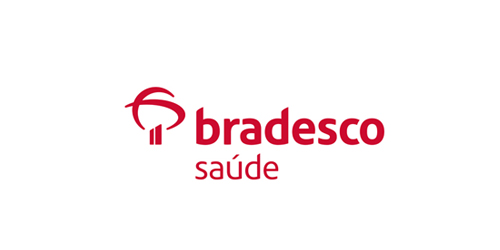
Hospital Care – a group with 13 hospitals and 30 clinics owned by Crescera and Abaporu funds, of the businessman Elie Horn – is negotiating the sale of part of its business with the insurance company Bradesco Saúde and local and foreign private-equity funds. Bradesco is interested in a 30% stake in the hospital group valued at around R$3 billion. The insurance company is pressured by the recent merger between Rede D’Or and Sul América, a direct competitor, and is accelerating talks to acquire assets in the segment, but Hospital Care is in more advanced talks with two funds, sources say.
According to sources, Hospital Care prefers the insurer, but Bradesco’s known bureaucratic, slow pace negotiations are seen as an obstacle, and the funds may end up presenting binding proposals before. If it closes with a private-equity firm, there is the possibility of selling control.
Hospital Care tried to go public last year, but gave up due to the adverse scenario. As a result, the company’s project for this year was to integrate the acquisitions and try an IPO after the elections, in October. Then Bradesco and private-equity firms presented bids that changed the course. At the same time, the original investors, Crescera and Abaporu, are not expected to make new investments. Now, the strategy is to follow a path similar to the one traced by Rede D’Or, which initially received contributions from funds and a few years later went public.
With 13 hospitals, about 30 clinics in the interior of São Paulo, Florianopolis (Santa Catarina) and Curitiba (Paraná) and performance-based compensation models, Hospital Care is today one of the few hospital groups available in the market. This is why investors are so interested in the company, which is expected to gross R$2 billion this year.
Rede D’Or, Mater Dei, Dasa and Kora are the other companies in this industry already listed on the stock exchange. Sources say Brasília-based Grupo Santa is also up for sale for an undisclosed multi-billion amount.
Any hospital business needs scale to be profitable – at least 150 beds. However, in Brazil, of the 4,500 private hospitals, half have less than 50 beds, about 130 are already in the hands of large groups, and about 1,000 are non-profit organizations or linked to foundations, according to a survey by BR Finance consultancy.
Bradesco Saúde entered this market last year with the creation of the Atlantica Hospitais arm. The initial strategy was to buy small and medium-sized assets and in parallel build hospitals in the group’s properties in São Paulo. However, the merger of Rede D’Or and SulAmérica made the insurer look for a hospital network, even with a presence in other states, to enter the sector with strength. The health insurance company is also analyzing other hospitals outside the Rio-São Paulo area.
Valor found out that Bradesco Saúde does not intend to have a verticalized health model. Its strategy is to buy hospitals, always with a minority stake – control is not interesting at this moment, since it has no expertise in managing these assets. The operator is a shareholder in the laboratory chain Fleury, with almost 30%. In the dental operator Odontoprev, the group has control, with 50.01%.
With around 3.4 million users, Bradesco Saúde is the third-largest company in the health insurance market. Despite its relevance, the company is not as competitive in terms of costs.
In the recent past, Bradesco even negotiated to enter the health company Alliar and, previously, Intermédica (before the merger with Hapvida), sources say. The operator took so long to make a decision on both negotiations, a source familiar with the matter said.
As the healthcare sector is concentrated, the verticalization of the health business is seen as an important movement to keep healthcare companies more competitive. The efficiency of this current model designed by Bradesco Saúde — of having to buy hospitals only as investments — is still a mystery when it comes to capturing synergies. “In the healthcare market, it is necessary to have an integrated network to reduce costs,” a source said.
Hospital Care and Bradesco Saúde declined to comment on market rumors. “Grupo Bradesco Saúde stresses that it is always attentive to changes in the supplementary health sector, evaluating impacts and opportunities for its business.”
Source: Valor International
